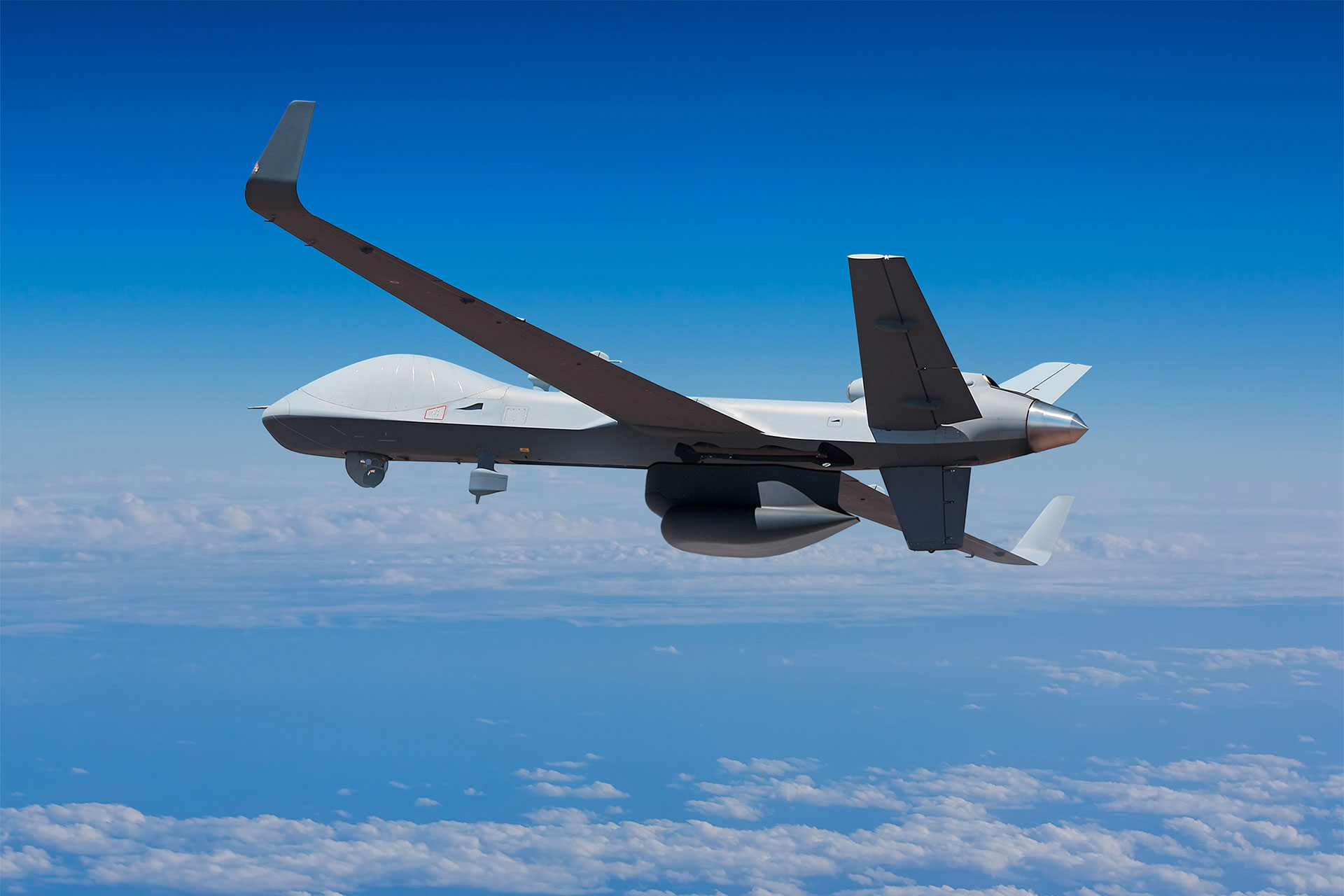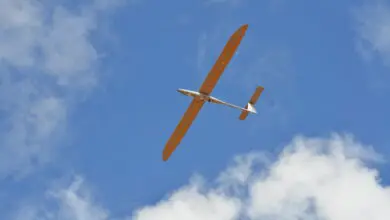The Indian government has finally approved the acquisition of 31 MQ-9B Predator drones from US manufacturer General Atomics.
Valued at $3 billion, the deal was initially approved by the US State Department over two years ago. However, the Indian defense ministry experienced delays in making a final procurement decision.
According to a report by The Hindustan Times, the agreement covers the production and delivery of 15 MQ-9B SeaGuardians and 16 MQ-9B SkyGuardian drones.
They will be used for maritime surveillance and monitoring the country’s borders with China and Pakistan.
The acquisition of 31 high-altitude, long-endurance unmanned systems will reportedly be phased, with the first batch of 10 drones arriving without weapons.
The deal’s approval is expected to be formally announced when Indian Prime Minister Narendra Modi meets US President Joe Biden next week.
Predator Drones
General Atomics’ MQ-9B drone is a variant of the MQ-9 Reaper that can carry Hellfire missiles.
The SkyGuardian version has a flight endurance of more than 40 hours and can fly over the horizon via satellite.
The platform features the revolutionary Lynx multi-mode radar, an advanced electro-optical/infrared sensor, and an automatic takeoff and landing capability.
The SeaGuardian is a maritime MQ-9B with a wide-area maritime radar, automatic identification system, electronic support measures, and a self-contained anti-submarine warfare mission kit.
It can conduct real-time searches and patrol above and below the ocean’s surface.
The drones are expected to provide major firepower to the Indian military amid increasing tensions with neighbors Beijing and Islamabad.

Procurement Delay
In 2022, a top government official told the outlet that India had called off the $3-billion agreement due to the Predator’s “prohibitive cost.”
The country also wanted to prioritize its indigenous defense products as part of the “Make in India” initiative.
“Due to the high procurement cost… the defense ministry wants better insight into the deal under the FMS (foreign military sale), which is slightly opaque,” the source said.











